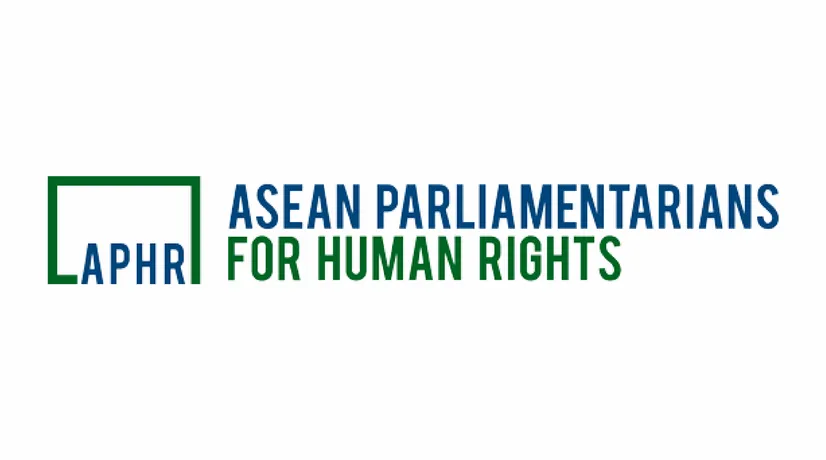Myanmar: Regional MPs Call for Withdrawal of Criminal Defamation Case against Lawmaker, News Agency
11 March 2020

JAKARTA – Southeast Asian lawmakers today called upon the Myanmar army to withdraw a criminal defamation lawsuit against a parliamentarian and the Reuters news agency in relation to a news article on the shelling of a northern Rakhine village in January that left two civilians dead.
“The use of criminal defamation laws in Myanmar and across the region have a chilling effect on freedom of expression and should be halted and the laws repealed. If the army wishes to counter the allegations, it can resort to less drastic measures than opening criminal cases,” said Charles Santiago, a Malaysian Member of Parliament (MP), and APHR Chair. “It’s a totally disproportionate response and entirely unnecessary. Such reprisals not only intensify the current climate of fear and censorship amongst those critical of the government, but also cripple the work of lawmakers and independent media who play a crucial role in promoting accountability and good governance.”
According to a Reuters report, the lawsuit was filed under Section 66(d) of the 2013 Telecommunications Law following its publication of a news story on 25 January about artillery hitting a Rohingya village in Rakhine State that killed two women and injured several others. The article included an interview with Maung Kyaw Zan – a national-level MP representing the Arakan National Party in Buthidaung township, northern Rakhine State – who was quoted as saying shells had been fired from a nearby battalion in the middle of the night. After publication, Myanmar’s army blamed the killings on fighters from the Arakan Army (AA), an ethnic Rakhine group who are fighting for greater autonomy in the restive state. The AA and Myanmar army have consistently blamed one another for civilian casualties during recent months of intensified fighting in Rakhine State.
Section 66(d) of the Telecommunications Law, enacted in 2013, criminalises “extorting, defaming, disturbing or threatening to any person” through the use of any telecommunications network. While the law was amended in 2017 to, amongst others, reduce the penalties to a maximum of two years imprisonment and/or a maximum fine of one million kyat (about US$700), it has continued to be frequently used against government critics. APHR, together with 76 other civil society organisations have previously called for the decriminalisation of defamation in Myanmar, and the repeal of the law.
“Rather than going after MPs and journalists for doing their jobs, the authorities should be taking concrete steps to fully abolish draconian laws that are open to abuse, such as 66(d) of the Telecommunications Law. Reporters and parliamentarians have unique responsibilities that serve the wider public interests and they must be allowed to conduct their work without fear or favour,” said Eva Sundari, a former MP in Indonesia and APHR Board Member.
Since the start of 2019, thousands of civilians in conflict-affected townships in Rakhine State have been displaced by fighting between the Myanmar military, known as the Tatmadaw, and the AA. This escalation has also led to the imposition of an Internet shutdown in several townships in the state by the government since 21 June 2019, further hampering livelihoods, humanitarian aid operations and the work of human rights monitors.
“If the Myanmar security forces are genuinely concerned about ensuring balanced and accurate reporting from Rakhine State then they should open the area up to the media and end the internet blackouts,” added Sundari.
၎
င
၎
၎
၎
င
၎
၎
၎
င
၎
၎
Announcements
28 February 2025
Asian NGO Network on National Human Rights Institutions , CSO Working Group on Independent National Human Rights Institution (Burma/Myanmar)
Open letter: Removal of the membership of the dis-accredited Myanmar National Human Rights Commission from the Southeast Asia National Human Rights Institution Forum

Progressive Voice is a participatory rights-based policy research and advocacy organization rooted in civil society, that maintains strong networks and relationships with grassroots organizations and community-based organizations throughout Myanmar. It acts as a bridge to the international community and international policymakers by amplifying voices from the ground, and advocating for a rights-based policy narrative.